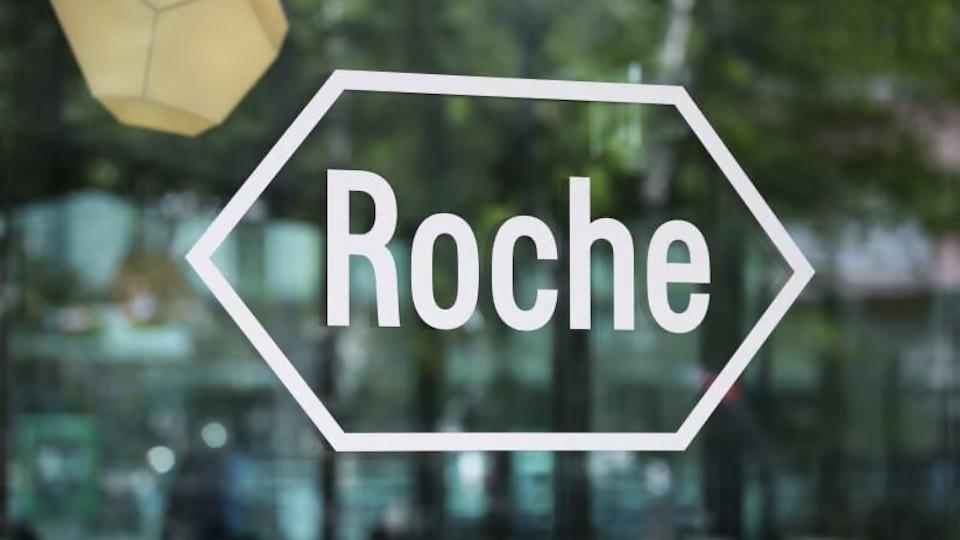Roche’s TIGIT drug linked to worse outcomes in NSCLC trial

Roche’s anti-TIGIT drug tiragolumab has failed a lung cancer study, denting enthusiasm for the programme just as there were signs that it was getting back on track after a series of disappointing trial results.
The new data comes from the phase 2/3 SKYSCRAPER-06 study, which evaluated tiragolumab in combination with Roche’s PD-L1 inhibitor Tecentriq (atezolizumab) and chemotherapy as a first-line treatment for locally advanced unresectable or metastatic non-squamous non-small cell lung cancer (NSCLC).
The regimen was compared to MSD’s PD-1 inhibitor Keytruda (pembrolizumab) and chemo in the trial, and showed reduced efficacy compared to the control arm, according to a Roche statement released this morning.
Progression-free survival (PFS), as well as overall survival, was worse in the tiragolumab arm, which Roche’s chief medical officer, Levi Garraway, said was a “disappointing” result, but which would “inform [...] scientific understanding of the anti-TIGIT pathway and new avenues in cancer research.”
Roche has another half-dozen phase 3 trials on the go with tiragolumab in other NSCLC settings, oesophageal cancer, and liver cancer. It has been hoping to start filing for approval of the drug in 2025.
In 2022, Roche reported that tiragolumab missed the mark in a pair of phase 3 lung cancer studies – SKYSCRAPER-1 in NSCLC and SKYSCRAPER-2 in extensive-stage small-cell lung cancer (ES-SCLC) – raising doubts about the future of the drug.
SKYSCRAPER-1 missed the PFS endpoint, but patients continued to be followed to the OS readout and, last year, there was a surprise revelation that OS in the tiragolumab/Tecentriq group was trending towards an improvement over Tecentriq alone.
Roche, meanwhile, also reported positive results in a phase 1b/2 trial in liver cancer at last year’s ASCO congress, restoring some optimism for the drug, while a rival TIGIT/PD-1 combination from Gilead Sciences/Arcus – domvanalimab plus zimberelimab – showed signs of efficacy in a first-line NSCLC study.
With the SKYSCAPER-6 result now in, Roche said it will “evaluate any relevant changes needed to the ongoing tiragolumab programme,” which includes ongoing phase 3 trials in other indications.
There have been some other notable setbacks for the class of late. In May, MSD abandoned a phase 3 trial of its TIGIT drug vibostolimab, co-formulated with pembrolizumab, as an adjuvant treatment for patients with high-risk melanoma treated with surgery after a high rate of discontinuations rendered the study futile. The combination also failed a phase 2 study in NSCLC last year.
Novartis, meanwhile, handed rights to TIGIT antibody ociperlimab to BeiGene a year ago, two years after paying $300 million upfront for an option on the drug.
Like PD-1/PD-L1, TIGIT is thought to act as a molecular brake that stops T-cells from attacking tumours, and tiragolumab has been leading the pack among drugs targeting the immune checkpoint.













